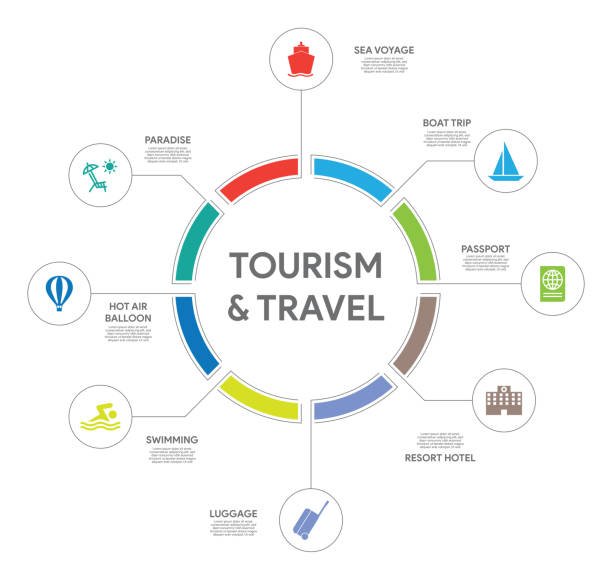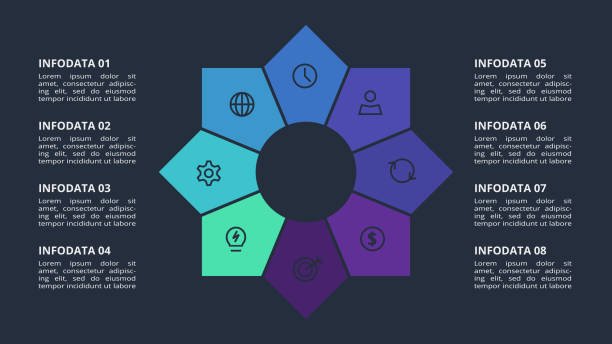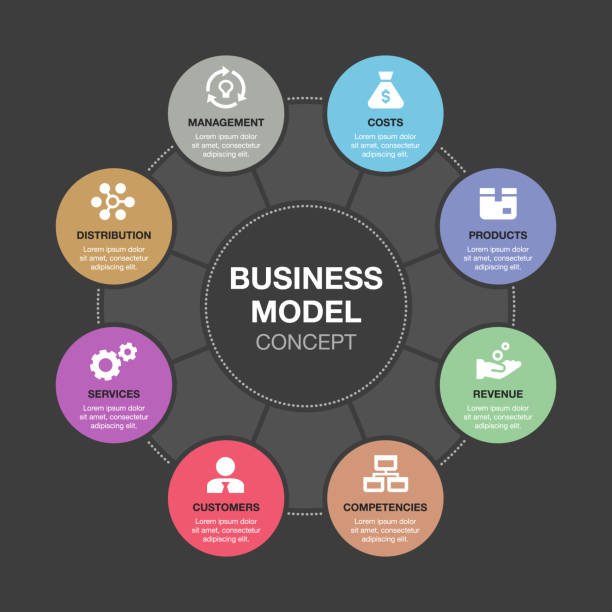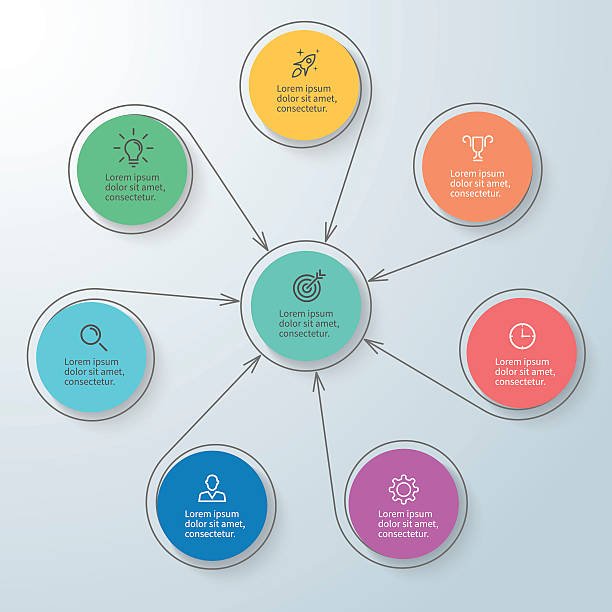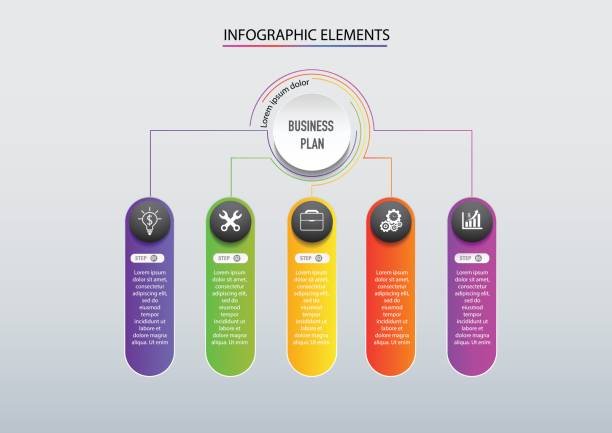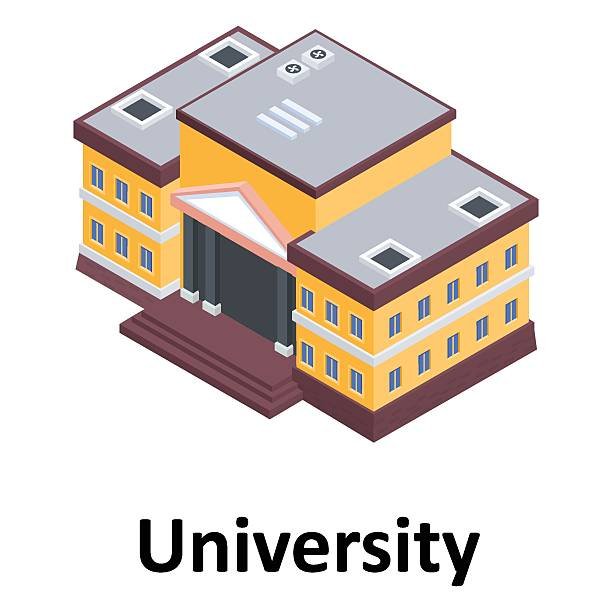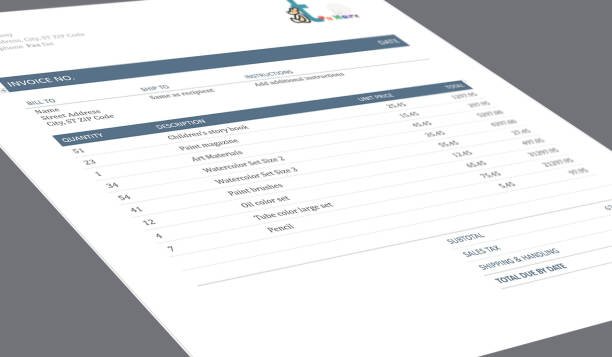Making a decision about the next step after Class 10 is daunting for students and parents alike. Coaches, schools, and “career gurus” often tout a list of so-called Best Courses After 10th with High Salary, yet few offer the full truth about costs, risks, market saturation, or the actual likelihood of achieving those high salaries. The Indian education system is notorious for pushing everyone into mainstream academic streams, regardless of student talent, passion or changing job markets. Most promotional lists never tell you about the thousands who get stuck without jobs or find their “golden” course leads to disappointment.
This no-nonsense guide gives you more than just a list: It criticizes misleading pathways, spotlights timelines, addresses skills vs degrees and provides real, actionable advice for making the leap from 10th class to a lucrative, rewarding career.
Why Most “Best Courses After 10th with High Salary” Lists Mislead Students
- They focus on the glamour engineering, medicine, aviation but ignore the seats-to-jobs reality.
- High salary claims rarely match entry-level fresher salaries; most numbers shown are mid-career or international packages.
- They often disregard dropout rates, student burnout and market saturation.
- Coaches, schools and private colleges push courses based on profit, not student’s unique skills.
Truth: Most high-paying jobs require more than a diploma or certificate they require years of upskilling, experience and, crucially, adaptability. Jumping into any course for “instant riches” is a myth.
Timeline: Evolution and Reality of Courses After 10th (2000–2025)
| Year | Trend/Event | Impact & Critique |
|---|---|---|
| 2000–2008 | ITI and polytechnic degrees promoted as shortcut to jobs | But job shortages and low-level posts persist |
| 2009–2014 | Surge in private diploma institutes | Quality declines, scams rampant |
| 2015–2018 | Vocational courses expand with Skill India push | Many programs lack industry recognition |
| 2019–2023 | EdTech, coding bootcamps, design courses appear | Some real success, many overpriced failures |
| 2024–2025 | Focus shifts back to skills + formal academics | Best results seen by those mixing both |
Streams After 10th: A Double-Edged Sword
Science (PCM/PCB)
- Upsides: Opens doors to engineering, medicine and IT fields with potential for high salaries.
- Downside: Heavily competitive; requires long study years; exam-oriented teaching often kills creativity.
- Pitfall: Non-performers pushed into low-grade colleges, huge debt or endless coaching cycles.
Commerce
- Upsides: Central to finance, management, law and budding digital careers like data analytics.
- Downside: B.Com or basic diplomas rarely fetch high pay; real returns seen only with specializations or postgrad degrees.
- Pitfall: Many drop out due to unclear pathways or lack of guidance.
Arts/Humanities
- Upsides: Booming in design, media, law, psychology, hospitality and social sciences when paired with skills.
- Downside: Social stigma, limited straight-out-of-college job options; low pay without honors/degree or practical internships.
High Salary and Skill-Based Courses After 10th: Deep Dive & Critique
Polytechnic Diplomas (Engineering/Technology)
- Duration: 3 years
- Streams: Mechanical, Civil, Computer, Electrical, Electronics, Automobile
- Salary Reality: Average freshers’ salary ranges from ₹10,000–₹20,000/month. Only top 5% land ₹30,000+.
- Pros: Lower cost than degrees, campus placements exist in top institutes.
- Cons: Oversupply, outdated syllabus, private college scams, limited growth without further studies.
ITI (Industrial Training Institutes)
- Duration: 1–2 years
- Trades: Electrician, Fitter, Welder, Diesel Mechanic, Computer Operator, Plumbing
- Salary Reality: Most jobs pay ₹8,000–₹15,000/month; government job selection is rare and highly competitive.
- Pros: Fast-tracked technical skills, focus on employability, sometimes link with apprenticeship programs.
- Cons: Employer bias, poor infrastructure in many centers, industry’s preference for degree holders.
Paramedical Courses
- Duration: 1–2 years (Diploma), 3 years (degree)
- Courses: Medical Lab Technician, Radiology, Operation Theatre Assistant, Optometry, X-Ray Technician
- Salary Reality: Start at ₹12,000–₹20,000/month. Private sector and metros offer higher, but growth plateau hits early.
- Pros: Strong job demand, respected field, chances to further pursue higher courses (BSc, MSc).
- Cons: Saturation in urban areas, poor pay in small towns or rural hospitals
Design, Animation and Multimedia
- Courses: Diploma in Graphic Design, Animation, VFX, Web Design (1–2 years)
- Salary Reality: Internships are often unpaid; entry-level salaries ₹10,000–₹18,000/month. Success depends on skill and portfolio, not the diploma.
- Pros: Sky’s the limit for creative, adaptable learners; freelancing possible.
- Cons: Saturated market for average talent; high-quality training is expensive.
Hotel Management & Hospitality
- Courses: Diploma or Certificate courses (1–3 years)
- Salary Reality: Starting ₹8,000–₹20,000/month, big growth only after years in industry.
- Pros: Fast-growing field, international mobility possible.
- Cons: Demanding work conditions, hospitality hit hard by global crises (pandemic, recession).
Digital, IT & Short-Term Coding Courses
- Examples: Certificate in Web Development, Data Entry, UI/UX, basic programming.
- Salary Reality: Skilled coders can earn above ₹25,000/month, but only if skills are world-class and update constantly.
- Pros: Real future-proof jobs for high performers; remote/freelance options.
- Cons: Oversaturation, low pay for average performers; certifications from dubious sources are worthless.
Other Practical Options
- Foreign Language Diplomas: Open job opportunities as translators, guides, BPO jobs.
- Government Job Prep: Railway, Police, SSC multitasking jobs require Class 10, backed by intense competition and low selection ratio.
Vocational & Industry-Linked Programs: Misleading Promises, Some Silver Linings
- Bank on government-approved, NSDC-linked courses for real credibility.
- Many private programs overcharge and underdeliver. Do not fall for flashy brochures or campus glamour.
- Always verify placement statistics. Real companies, not just “training completed” certificates, count toward future security.
Pitfalls to Avoid While Choosing Courses
- Chasing only salary ignoring your aptitude, health, work culture and long-term growth.
- Blindly trusting counselors or school recommendations driven by tie-ups with third-party colleges.
- Ignoring the need for basic communication skills, English fluency, digital literacy these make or break careers across all fields.
- Overestimating immediate pay, while ignoring compound growth of steady careers.
Honest Advice for Students and Parents
- Skill Matters More Than Label: Choose a course that builds skills, not just “good” on paper.
- Stay Flexible: Upgrade knowledge, be open to switching fields/courses as the market evolves.
- Focus on Government-Recognized Programs: Don’t compromise on accredited syllabi for flashy private courses.
- Embrace Learning: Most high earners don’t stop at a diploma they upskill constantly.
- Invest in English and Tech Skills: In a global, digital world, these matter even for non-tech jobs.
Career Planning Timeline
| Stage | Action |
|---|---|
| Class 9–10 | Explore interests through workshops, online courses. Discuss career paths openly with parents, counselors. |
| Post 10th | Choose streams and options (Science, Commerce, Arts, Vocational) with honest self-analysis. Don’t default to trends! |
| Year 1 | Focus on practical application. Do internships, part-time work, or real projects. Build communication and networking skills. |
| Year 2–3 | Reassess satisfaction and interest. Upgrade courses if stagnant. Prepare a portfolio or certification stack to stand out. |
| Year 4+ | Pursue higher education, lateral entry, or switch streams as needed. Don’t be afraid to start over — most people do! |
Frequently Asked Questions on Best Courses After 10th with High Salary
Why are most lists of Best Courses After 10th with High Salary misleading?
Most lists exaggerate salary figures and highlight only glamorous fields like engineering or medicine. They often hide realities such as job saturation, high costs, and low entry-level pay. Students should know the risks before committing.
Do the Best Courses After 10th with High Salary guarantee a secure future?
No. A diploma or certificate alone rarely ensures long-term success. Real security comes from constant upskilling, adaptability, and practical experience—factors that most promotional lists ignore.
Which stream offers the Best Courses After 10th with High Salary—Science, Commerce, or Arts?
All three streams can lead to high salaries, but only if matched with the right skills. Science can open doors to engineering or healthcare, Commerce to finance and analytics, and Arts to design, media, or law. Salary depends more on specialization than the stream itself.
Are vocational diplomas among the Best Courses After 10th with High Salary?
Vocational diplomas like Polytechnic, ITI, Paramedical, or Design can help students start earning early. However, they usually provide modest entry-level pay and require further studies or skill upgrades for high salary growth.
What pitfalls should I avoid while choosing the Best Courses After 10th with High Salary?
Avoid chasing courses only for salary promises, trusting flashy private colleges, or ignoring your natural interests. Choosing blindly often leads to debt, disappointment, or career stagnation.
How can I really achieve success with the Best Courses After 10th with High Salary?
Focus on courses that build real skills, pursue internships or projects early, improve communication and tech literacy, and be ready to adapt. Long-term success is built on learning, not shortcuts.
Conclusion: Cut Through the Noise Your Path, Your Way
The best course after 10th is not the one with the snazziest salary promise but the one that matches your drive, skills and market reality. Every stream, diploma and career has its traps and triumphs. Success depends more on consistent upskilling, adaptability and purpose than a single course label.
Don’t let myths, advertisements or parental pressure dictate your decision. Research, reflect, experiment and own your future with eyes wide open.

